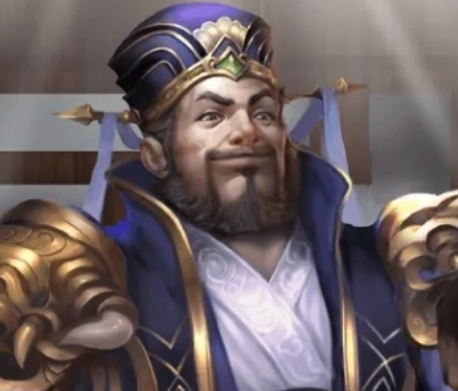Du Fu, styled Zimei, was a famous poet of the Tang Dynasty and was later respected as the "Sage of Poetry". His life was full of vicissitudes and misfortunes, often accompanied by poverty, but his poems demonstrated profound thoughts and noble sentiments. This article will explore why Du Fu lived a life of poverty and why he did not seek progress or turn back even when he hit a dead end.

I. Background of Du Fu's Life
Du Fu was born during the reign of Emperor Gaozong of Tang. His family conditions were decent in his early years, but after he became an adult, due to political changes and personal choices, his life gradually fell into difficulty. Du Fu attempted to enter the officialdom through the imperial civil service examination, but for various reasons, he never succeeded. As he grew older, his life became increasingly difficult, but he never gave up literary creation.
II. Du Fu's Political Ambitions and Reality's Defeat
In his youth, Du Fu had strong political ambitions. He wrote to the court, expressing his political views and hoping to make contributions to the country. However, due to corruption in the officialdom and factional strife, Du Fu's idealism conflicted with reality, leading to him losing many opportunities for advancement in his career. This gap between ideal and reality made him feel disappointed and defeated.
III. Du Fu's Literary Pursuit and Social Responsibility
Despite his poverty, Du Fu's literary creation never stopped. His poems profoundly reflected the reality of the society at that time, criticizing the incompetence of the rulers and social injustices. Du Fu's works not only expressed personal emotions but also carried his reflections on the era and expectations for the future. His literary pursuit transcended personal poverty, embodying a sense of responsibility towards society.
IV. Du Fu's Philosophy of Life and Persistence
Du Fu's philosophy of life was filled with perseverance. Even in the face of many difficulties in life, he maintained his love for literature and concern for society. His poem "I will climb the highest peak and survey all the mountains below" embodies this spirit. For Du Fu, even if he hit a dead end, he would adhere to his beliefs and pursuits, which was his sense of mission and responsibility as a poet.
Conclusion:
Du Fu's life was full of challenges and tribulations, but as a poet, he used his literary works to record the appearance of an era and influenced countless people in later generations. His poverty was not due to a lack of ambition but because of his perseverance, principles, and profound care for literature and society. Du Fu's story teaches us that even in adversity, we can maintain a noble character and immortal creativity.
Disclaimer: The above content is sourced from the internet and the copyright belongs to the original author. If there is any infringement of your original copyright, please inform us and we will delete the relevant content as soon as possible.
































